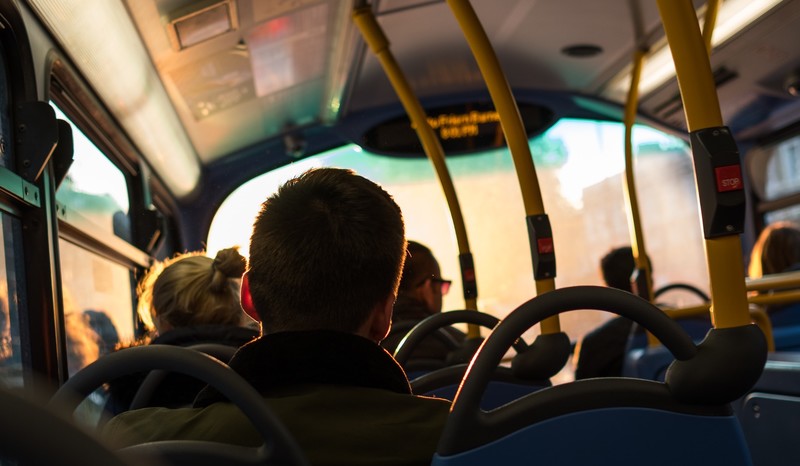Last year, over 40,000 migrants entered Canada through an unofficial border crossing linked with Québec. In the last six months, the feds have relocated over 5,300 to other provinces.
How has the US migrant crisis become a Canadian issue?
In early 2022, the Governor of Texas began bussing migrants that had crossed into the US from Mexico (coming from countries all over South and Central America). The state’s border towns were overwhelmed, but critics dubbed the move a “political stunt.”
Many migrants headed to New York, which overwhelmed infrastructure under the city’s “right to shelter” laws. The city has since offered arriving migrants the option to head elsewhere, a process called “re-ticketing.” Some chose to get bussed as close to Canada as possible.
- That’s where Roxham Road comes into play. Last weekend, 380 people boarded into cabs over the crossing to enter Canada illegally—372 have been further relocated.
- The “Safe Third Country Agreement” between Canada and the US requires migrants to claim asylum in the first country entered, but unofficial crossings offer a loophole.
Why it matters: America’s southern border crisis has started to seep into the Canadian system. It presents similar problems around housing a high influx of asylum seekers fleeing events like the collapse of the Venezuelan economy and rising gang violence in Mexico.
- Since September 2021, the government has entered into “long leases” with hotels set aside for asylum seekers, mostly in Québec, costing almost $94 million.
What’s next: The feds are working to help keep Québec’s share of asylum seekers proportional to its share of Canada’s population, while the Premier has entered negotiations to make the Safe Third Country Agreement apply to all crossings, including Roxham Road.
